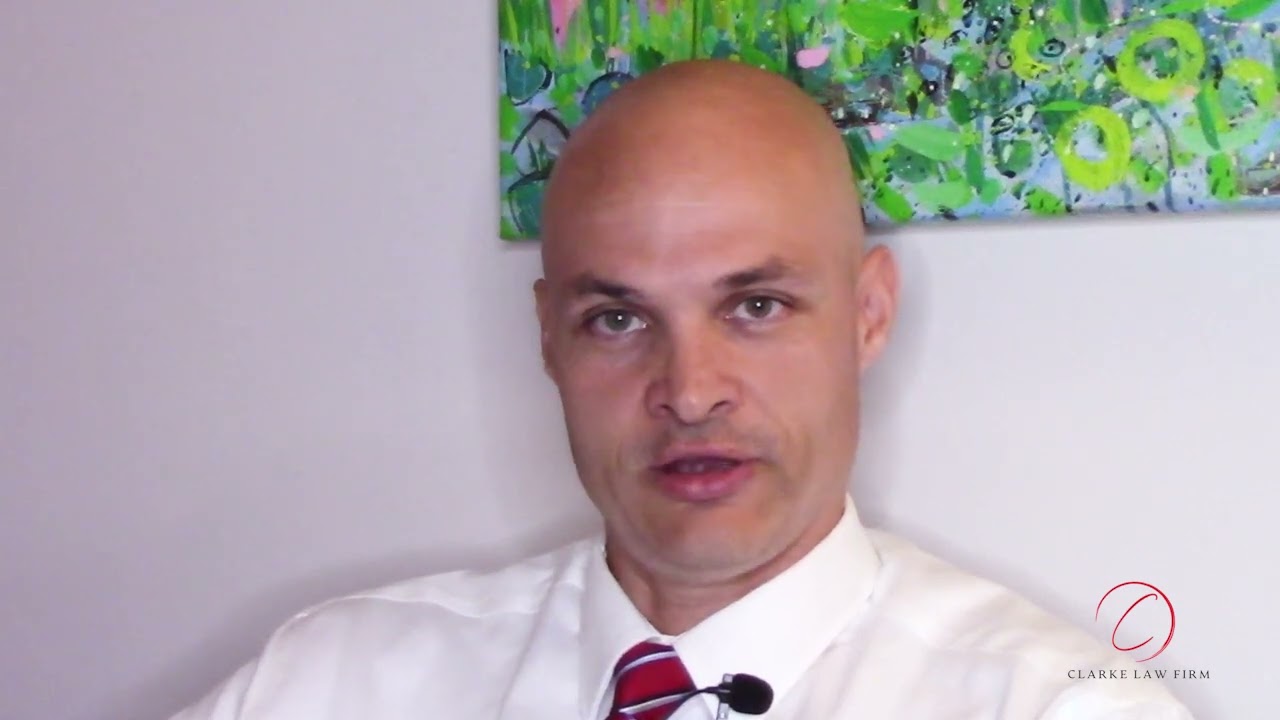“You have the right to remain silent.”
We’ve all seen a television show or movie where law enforcement finally catches up with the suspect and give him a series of warnings as they’re lowering his head into the back of a car for transport to jail, and this is usually the first thing said to the person as they’re being taken away.
This extremely important phrase is the first in a series of rights you have as a criminally accused person that allow you to avoid incriminating yourself – known as your “Miranda rights.” These rights are named after the landmark 1966 Supreme Court decision Miranda vs. Arizona, in which it was ruled that anything a suspect says in custody may be used to incriminate them in court as long as they were informed of their right to consult with an attorney before and during questioning.
If you are arrested and charged with a crime, law enforcement will be required to read you these rights, and you have the ability to freely exercise them as you see fit; taking advantage of these rights could be vital to your criminal defense. Let’s take a closer look at these rights that must now be read in order for any evidence gathered by questioning to be legally submitted as evidence.
“YOU HAVE THE RIGHT TO REMAIN SILENT”
This is about as simple as it gets. If you don’t feel like answering a specific question, or even any questions at all, you have the right to not do so. This stems from “pleading the fifth,” or exercising your Fifth Amendment right to not incriminate yourself with statements. If you feel that answering a question from law enforcement would jeopardize your case, you may legally outright refuse to answer it without issue or legal repercussions.
“ANYTHING YOU SAY CAN AND WILL BE USED AGAINST YOU IN COURT”
This is also pretty straightforward. As soon as you have been read these rights, anything you say can be legally submitted as evidence against you in court. It is important to note, however, that if you were asked any questions regarding your alleged crime before being read these rights, any answers you give can be thrown out for being improperly gathered evidence.
“YOU HAVE THE RIGHT TO AN ATTORNEY”
Law enforcement cannot deny you access to legal counsel before or during questioning. You have the right to refuse to answer any questions without first consulting with a criminal defender, and you may refuse to answer questions unless that attorney is present with you during questioning. If you wish, you will have the opportunity to reach out to this legal advocate and secure their services before questioning, including being granted phone calls.
“IF YOU CANNOT AFFORD AN ATTORNEY, ONE WILL BE APPOINTED FOR YOU AT NO COST IF YOU WISH.”
Legal fees can be a major financial burden on those who are not well-off financially, and as a result, not everybody can afford a private defender. When this is the case, you can request the services of a public defense attorney who is paid by public funds. This guarantee of the Sixth Amendment of the United States Constitution is a great right for those who are accused of a crime because you can rest assured that no matter your financial standing, legal counsel is available to assist you.
However, increasing financial burdens on legal systems have led to a large number of cases for these public defenders, meaning they are frequently overworked and cannot provide detailed representation many cases deserve. Certain states have given public defenders the ability to turn cases down to manage these large workloads, which means there is a chance your case may be turned down. Retaining private representation is the best way to ensure you receive the defense representation you need.
If you are arrested, knowing how these Miranda rights and following them can be vital to your criminal defense case. If you wish to secure the services of a reputable private criminal defense attorney, call the seasoned attorney at The Clarke Law Firm. Attorney David L. Clarke has assisted numerous clients with a wide variety of criminal defense charges with a high amount of success. His dedication to his clients and excellence in trial proceedings have earned him a place on the “Top 100 Trial Lawyers” list published by National Trial Lawyers.
Call The Clarke Law Firm at (615) 796-6299 or contact us online today and retain the services of a skilled Murfreesboro criminal defense attorney with an initial case evaluation.

